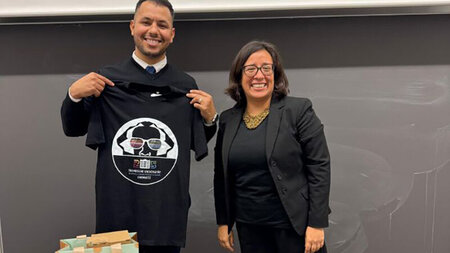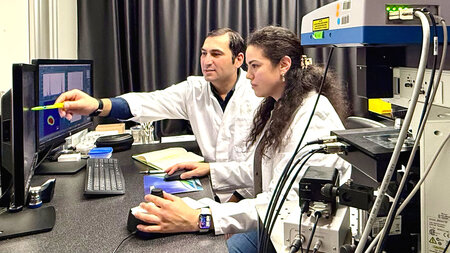Prof. Dr. Dr. Marco Ragni
Welcome to the Professorship of Predictive Analytics!
Predictive behavioral analytics – Modeling and analyzing human behavioral data to learn what happened and why it happened and then predict future developments which can help with making appropriate decisions.
Using data science, cognitive modeling, symbolic (e.g. automated planning) and subsymbolic (e.g. ML/statistical models) AI approaches we aim to learn about and understand human behavior in various situations. We work towards simulating human thoughts or reasoning processes in order to predict future scenarios.
Address
Technische Universität Chemnitz
Professur Prädiktive Verhaltensanalyse
Thüringer Weg 11
09126 Chemnitz





